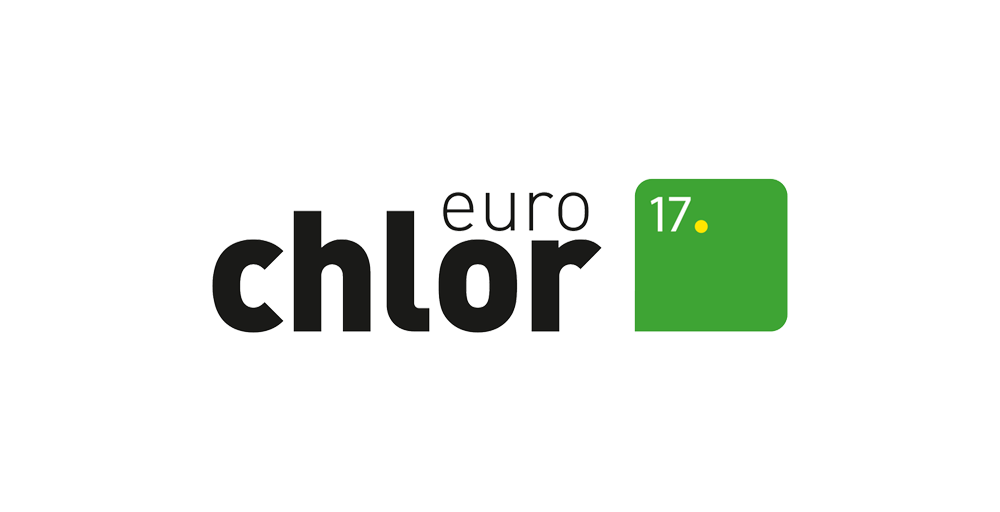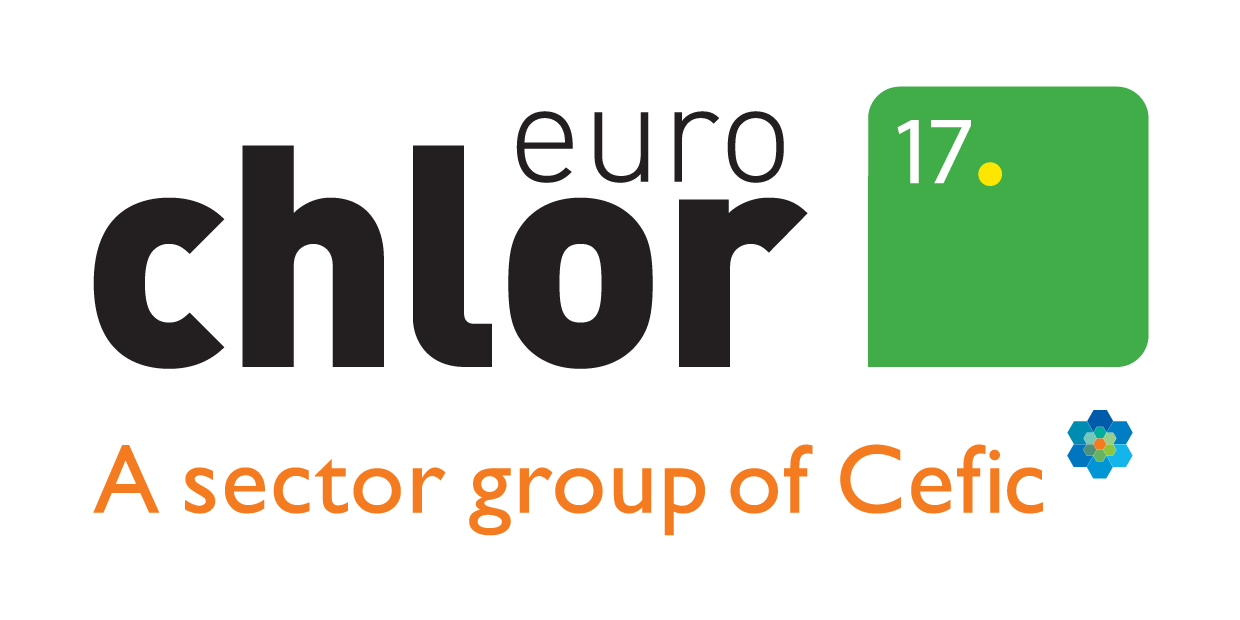Euro Chlor outlines its own transition pathway and inaugurates new Chair at 2022 General Assembly
Wouter Bleukx, Chairman of the Management Committee, opened the 2022 Euro Chlor General Assembly in Munich, Germany on 9 September 2022 with the highlights from the just published Euro Chlor 2021-2022 Chlor-alkali Industry Review. He also outlined the priority trends, developed in April 2022, to address the highly ambitious EU regulatory agenda, the war in the Ukraine and the resulting energy crisis. They focus on the increasing energy price differences between the EU and other regions, renewable energy challenges and regulatory investigations into important products for, and from, our industry. The trends will inevitably have an impact on the association’s Mid-Century Strategy for a Sustainable Chlor-Alkali Industry (MCS). This is why the relevant Euro Chlor Committees and Working Groups are in the process of developing action plans to trace Euro Chlor’s own transition pathway into the future.
Marleen Pauwels, Euro Chlor Manager and Executive Director, Halogens Industry Sector, explained how Euro Chlor is approaching the current energy crisis. She framed this work within an EU context and outlined Euro Chlor’s collaboration with Cefic, who has taken actions to address the crisis. She concluded with the next steps for Euro Chlor.
Professor Michael Sterner of Regensburg Technical University then shared his expertise on how the EU’s energy transition requires a transition to renewable energy storage and new innovations and technologies in power-to-gas and hydrogen, amongst others.
Finally, Johan Van Den Broeck, Executive Vice President Commercial at Vynova, was appointed as the new Chairman of the Euro Chlor Management Committee at the General Assembly and gave a closing speech outlining his priorities for the coming period. These build, of course, on the existing work and focus on consensus, expertise, the downstream users and adapting priorities if and when necessary.
New KPIs mark implementation of third Sustainability Programme
Mr Bleukx also presented the highlights of the Key Performance Indicators (KPIs) from the third 10-year Sustainability Programme (for 2021-2030) launched at the last General Assembly in November 2021. These cover KPIs from the previous programme and some new ones such as the transportation of caustic, transport incidents with chlor-alkali products, electricity and CO2 costs, caustic imports to the EU, production capacity serving as grid balancing, carbon footprint of our production and process waste ratio. They support the relevant groups working on the key priorities, and they ensure Euro Chlor remains safe and competitive, while transitioning towards climate neutrality and full circularity. They can be found in the Euro Chlor 2021-2022 Chlor-alkali Industry Review.

